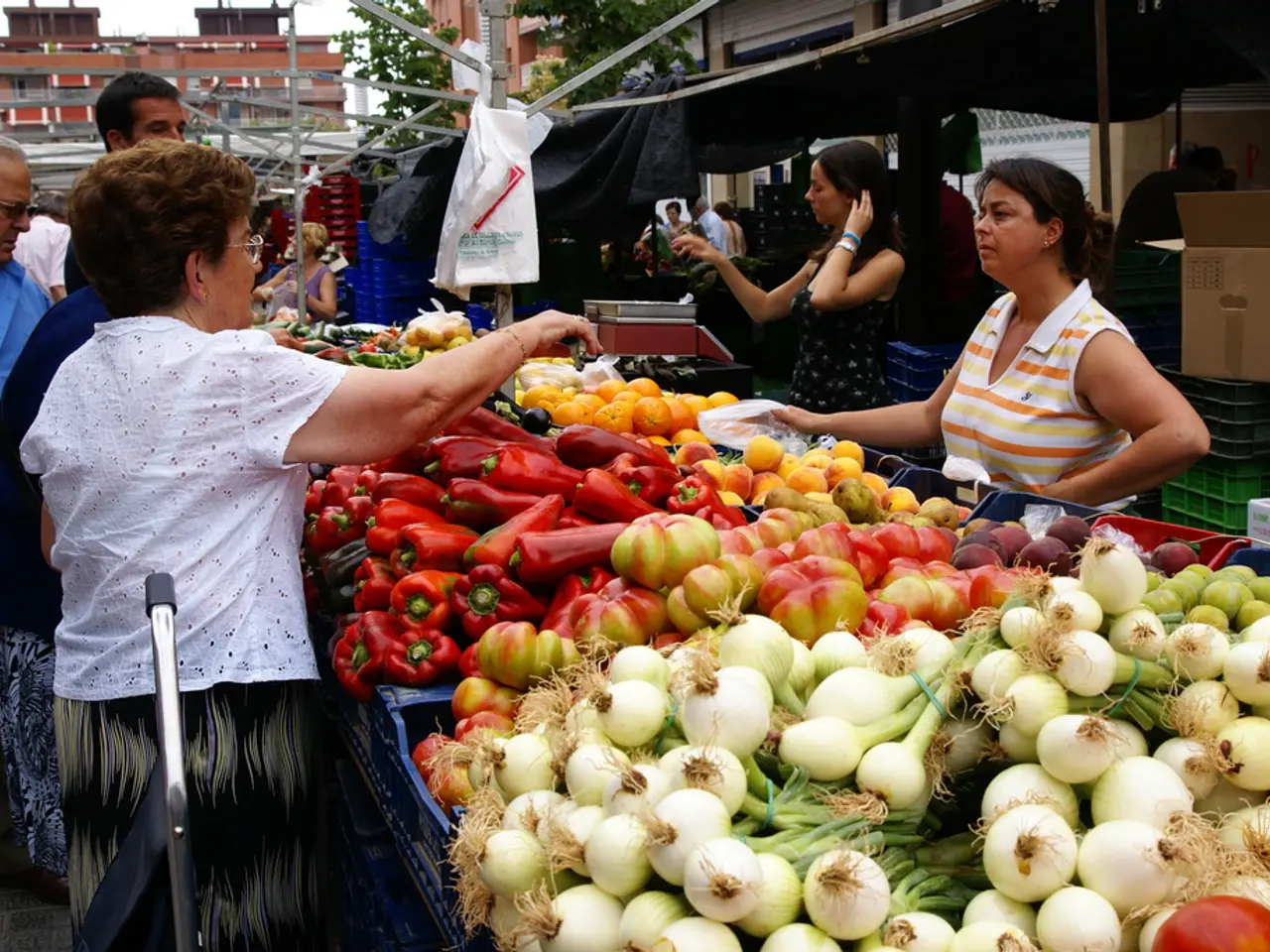Which region in Switzerland has the highest likelihood of reporting flu cases this winter season?
Meet the Current Wave of Flu:
If you haven't experienced the wrath of the flu lately, you might have acquaintances who have. The recent wave of seasonal influenza, which kicked off in December and is still going strong, is a bit more brutal than the one we battled last year, according to the Federal Office of Public Health (FOPH).
Unfortunately, the worst is yet to come, as the peak hasn't been reached yet. This means more individuals will succumb to this relentless virus.
Where's the Epidemic Hitting the Hardest?
Take a look at the FOPH chart below. Northwestern Switzerland (marked by dark blue), including Basel, is currently bearing the brunt of the storm. Hospitals in Basel are operating at full capacity, with a significantly higher number of flu patients compared to last year. Numbers are also high in Neuchâtel and Jura.
Geneva is also experiencing a high number of cases, albeit slightly lower than Basel. Vaud, Bern, Glarus, Schaffhausen are also affected, as demonstrated by various shades of blue on the map.
It's crucial to note that the official FOPH figures don't include individuals who are sick but haven't sought medical help, thus the actual numbers are significantly higher.
Advertisement
What to Do When Struck by the Flu?
Practicing regular hand washing, avoiding crowded areas, and wearing a mask can help prevent the spread of infection. If you feel under the weather, stay home and rest to recover. Avoid venturing out, either on foot or in your vehicle.
** curious about: Is it illegal to drive in Switzerland when you're unwell?
While the current search results don't provide canton-specific breakdowns of influenza activity in Switzerland, a recent Swiss wastewater surveillance program (April 2025) indicates that influenza A is actively monitored through genomic wastewater analysis, with higher viral loads detected during winter months. However, this study doesn't disclose localized influenza impact data. For the most granular data, check the FOPH’s seasonal bulletins or cantonal health department reports. The wastewater sequencing approach could potentially identify regional variations, but more technical insights can be found in the associated GitHub repository. Currently, the focus is more on COVID-19's dominance, but influenza remains an active player in the viral mix.
- The current wave of seasonal influenza, a potential candidate for chronic diseases, is affecting the cantons of Switzerland, with Northwestern Switzerland, including Basel, experiencing the brunt of the storm.
- Likely due to climate change, the recently monitored viral loads of influenza A have shown higher activity during winter months, as demonstrated by the Swiss wastewater surveillance program.
- Science has shown that influenza can aggravate respiratory conditions, making it essential to seek medical help when feeling unwell.
- To ensure health and wellness, one should practice regular hand washing, avoid crowded areas, wear masks, and stay home when sick.
- In terms of fitness and exercise, it's advisable to rest and recuperate during flu symptoms to maintain overall bodily wellbeing.
- Proper nutrition, including vitamins and minerals, can aid in fighting off the flu virus and boosting immune system responses.
- An alternative remedy that's being researched in medical-conditions and mental-health domains is CBD, with potential benefits for stress management and pain relief.
- The environmental science community advocates for a greater focus on the impact of climate change on health-related issues like influenza, as well as the wider picture of mental wellness.




